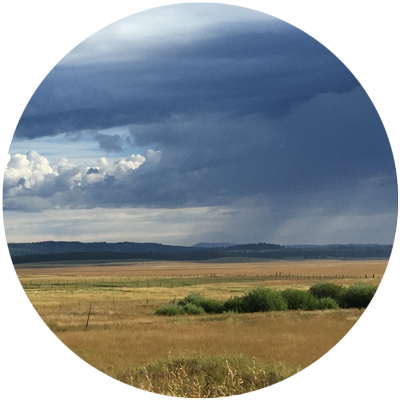Home > Climate News >
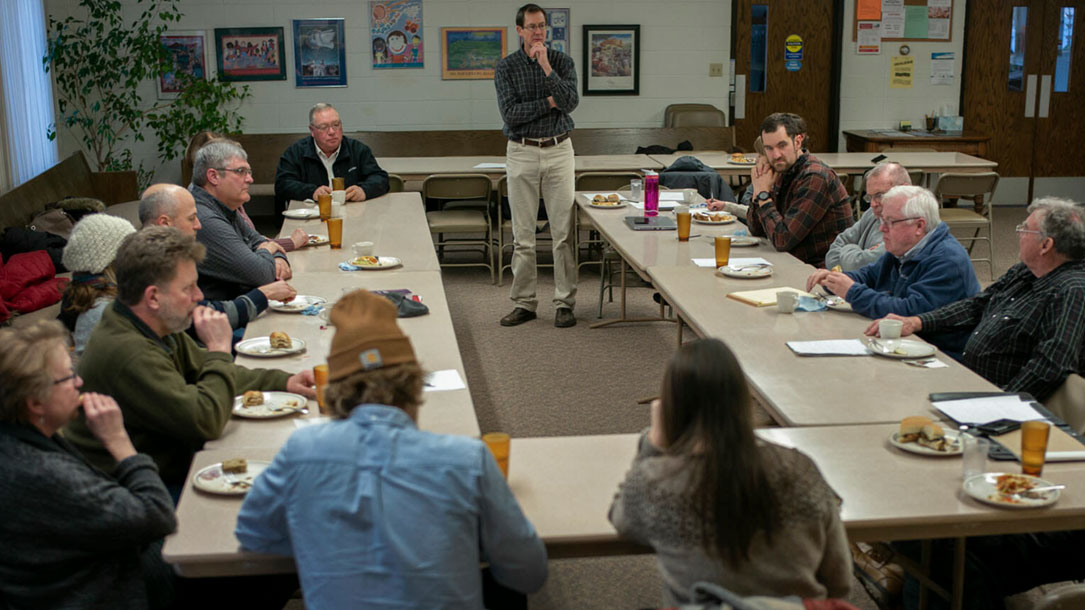
One man is trying to save the world from climate change by mobilizing an unlikely team: Iowa’s farmers
“In early March, just a week before the Midwest was inundated by catastrophic flooding, a dozen farmers gathered at the First Presbyterian Church in Grinnell, Iowa, for an event billed as a conversation about “Faith, Farmers, and Climate Action.” “How is God calling you to use your farm to improve the world?” asked the evening’s facilitator, Matt Russell. “We’ve got this narrowing window of time in which we can act,” he said. “When we think about climate action—are you feeling any call to that?”
Russell directs the Iowa branch of Interfaith Power and Light, a nonprofit that promotes a religious response to global warming. A fifth-generation farmer who runs a livestock operation with his husband in nearby Lacona, Iowa, the 48-year-old nearly became a Catholic priest in his twenties but then got a degree in rural sociology. Now he preaches that America’s farmers—a demographic seen as religious and conservative—are a secret weapon in the climate fight…”
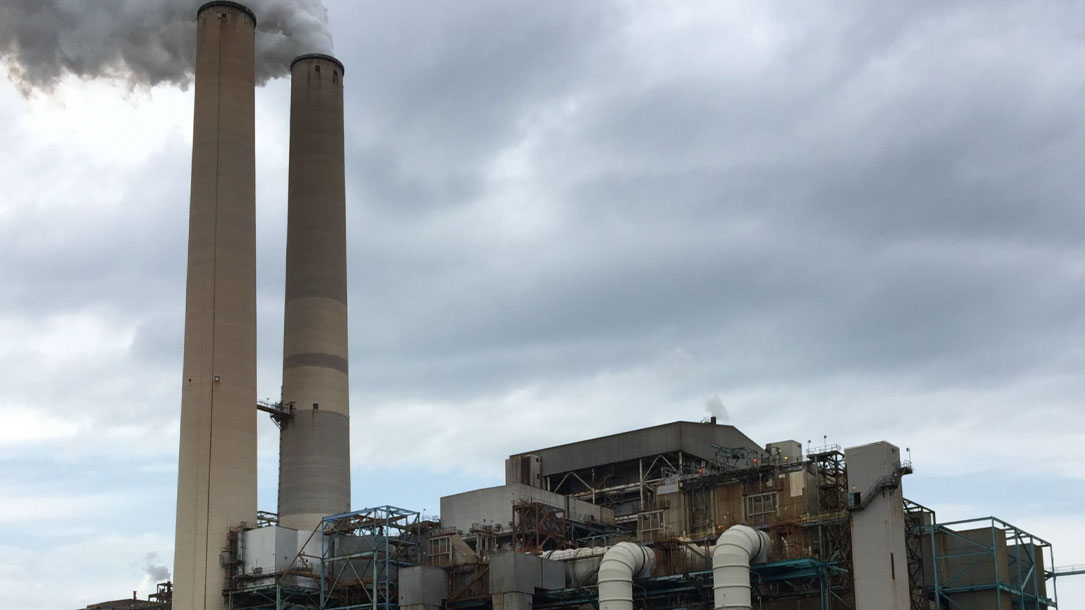
130 banks worth $47 trillion adopt new UN-backed climate policies to shift their loan books away from fossil fuels
Banks with more than $47 trillion in assets, or a third of the global industry, adopted new U.N.-backed “responsible banking” principles to fight climate change on Sunday that would shift their loan books away from fossil fuels.
Deutsche Bank, Citigroup, and Barclays, were among 130 banks to join the new framework on the eve of a United Nations summit in New York aimed at pushing companies and governments to act quickly to avert catastrophic global warming.
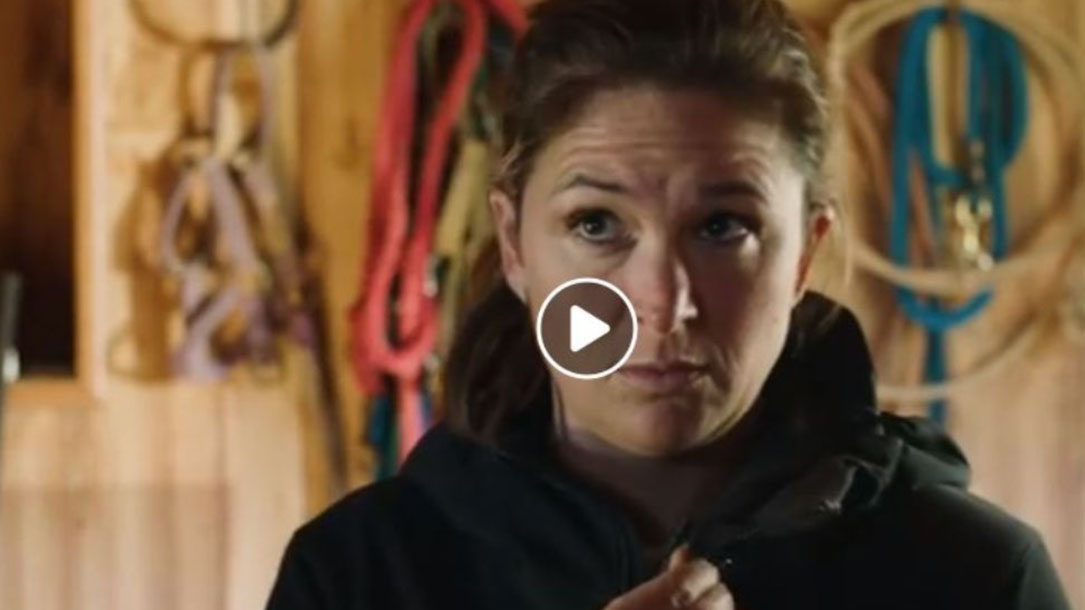
Through the eyes of a young rancher
“Our lands and soil are possibly the most underappreciated resources we have, yet their conservation is vital to humanity. We need to have an important discussion on what can be done to protect the planet through proper land management. This is so much more important than most people realize. Come join the conversation…”
If your land trust works with agriculture, this could be a great video to share—and then connect what you are doing to be part of the conversation, too.
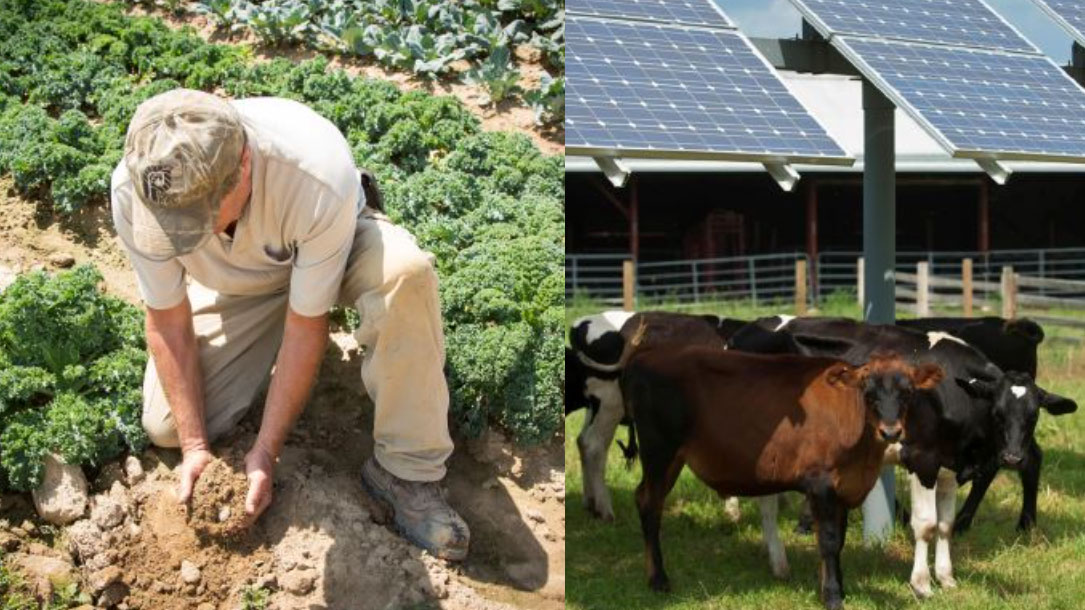
Combating climate change: Solar energy, farming, and the future in New York
American Farmland Trust (An Example of Taking Action)
November 13, 2019
Hotel Indigo, Riverhead, NY
Join farmers, solar experts, public officials, and others to discuss ways to expand renewable energy generation, support farm businesses, and drive action in response to climate change.
Cost: $15 (payable by credit/debit card or eCheck)
Ticket price includes breakfast and lunch. Land use training credits will be offered to local officials. For any questions about the event or registration please contact newyork@farmland.org.

Becoming part of the community
“Eastern Sierra Land Trust staff supported their local High School students in the Climate Strike—the future is in great hands! #climatestrike #BUHS #itsnowornever”
Your local land trust can join with others to elevate climate awareness and action. That’s part of community conservation and helping people see their roles in conservation.
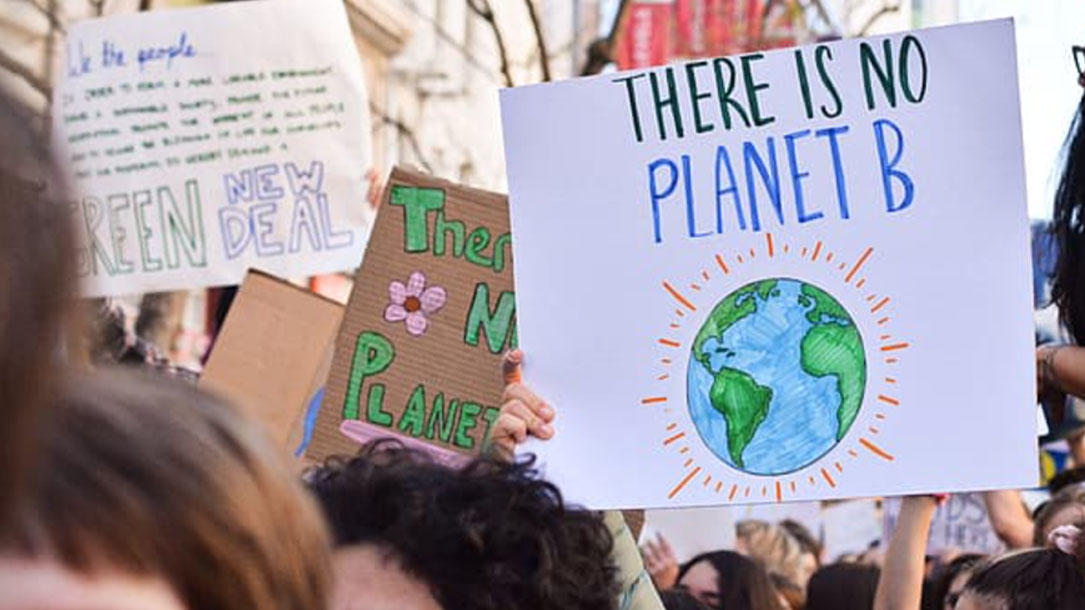
Coming together to save what we love
Save Mount Diablo shares…”The Mount Diablo area youth speak out. Save Mount Diablo and our partner schools recently came together at our conserved Curry Canyon Ranch to support the Global Climate Strike.
John Muir wrote about one love as he keenly observed the interconnectedness of everything and felt love and awe for this one great natural world of which we are a part.
In this climate change crisis we face, John Muir would almost certainly counsel us that an attitude of ‘One Love’ is required…”
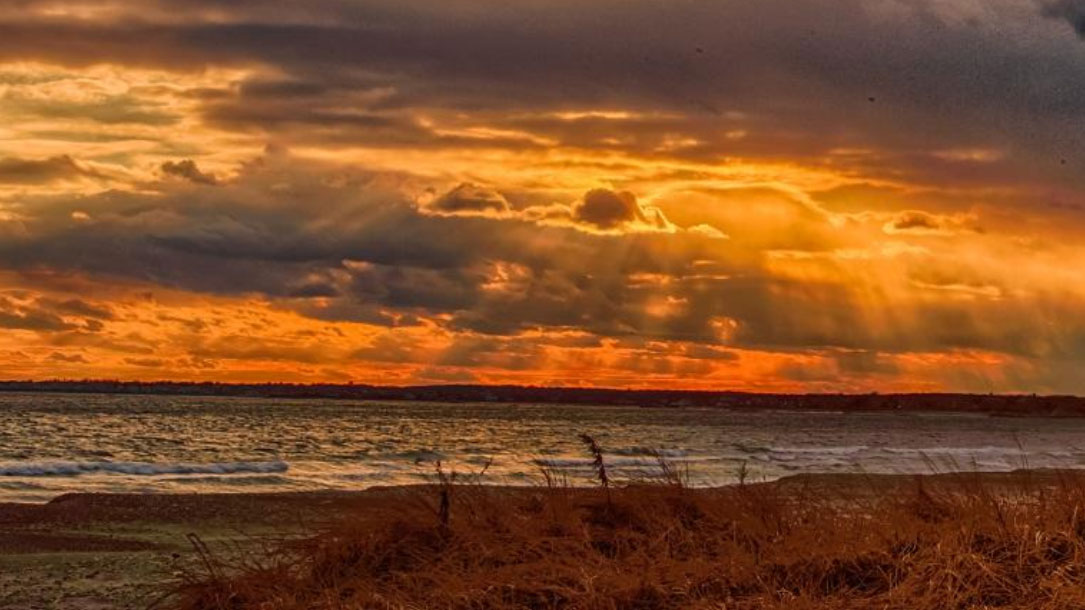
Mass Audubon & climate change
“Climate change requires us to boldly and urgently act to protect the wildlife and people we love. In response, Mass Audubon has committed to achieving a carbon neutral future in Massachusetts by 2050.
Carbon neutrality, or net zero emissions, means that we don’t emit any greenhouse gasses that we can’t soak back up out of the atmosphere. To do so entails protecting and conserving natural climate fighting tools, mitigating climate change by reducing and eliminating our greenhouse gas emissions, and amplifying nature’s resilience to climate impacts…”
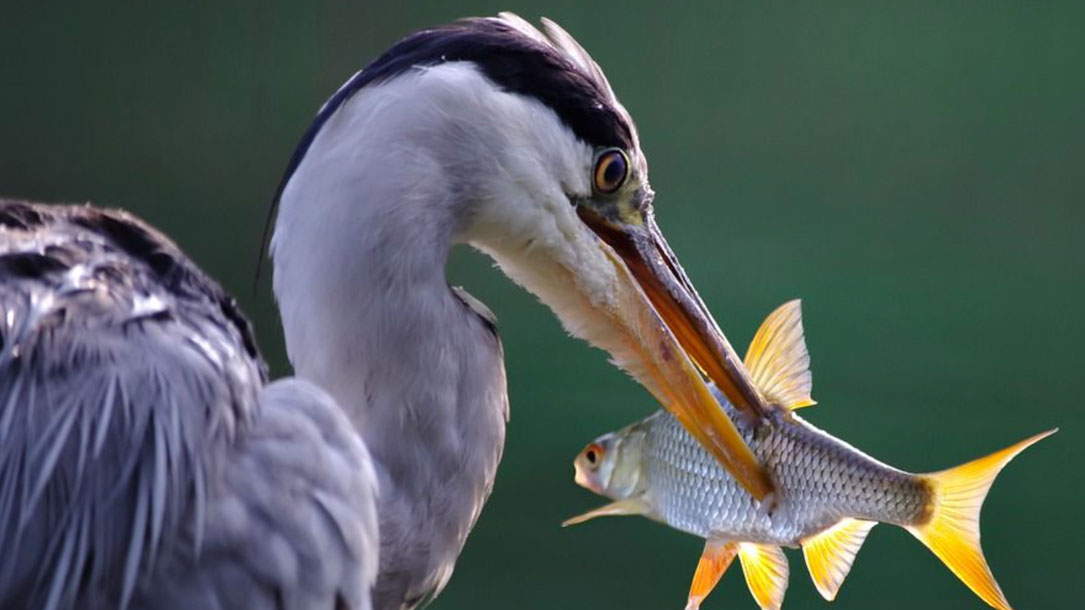
Leading by example
Mass Audubon is taking steps to reduce their carbon footprint, and they hope to inspire their members and visitors to do the same. They want to do their part to reduce their carbon emissions from fossil fuel consumption in order to help prevent the worst effects of climate change.
Since 2003, Mass Audubon has reduced its annual carbon emissions from its buildings and vehicles by almost 50 percent. In addition to explaining why they care (and why you should, too), they’ve made improvements in several key areas…
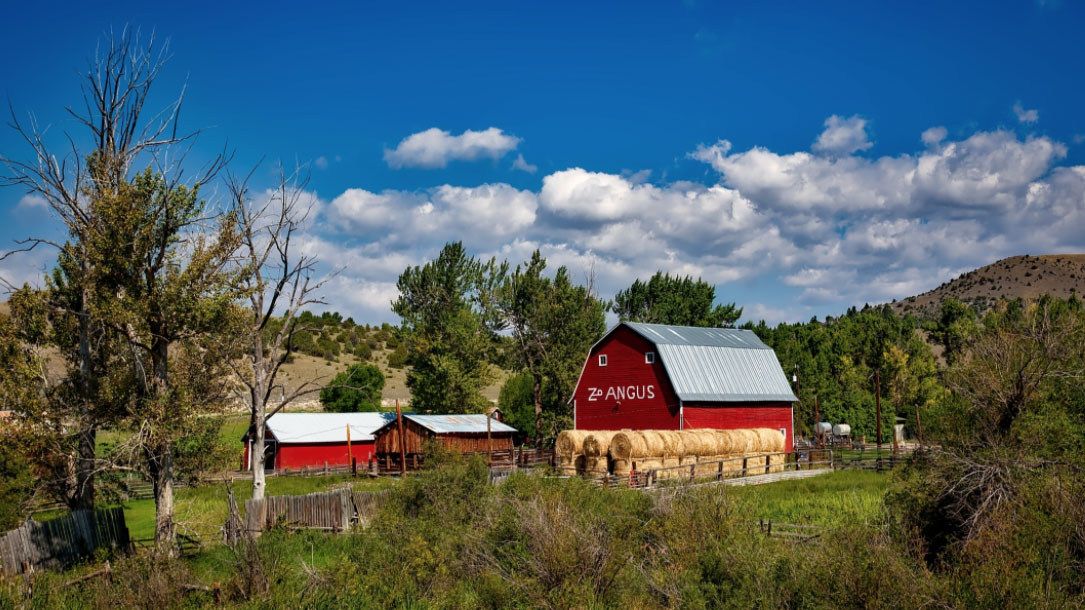
Montana Governor Steve Bullock becomes 25th governor to join U.S. Climate Alliance
‘Montana Governor Steve Bullock today issued an executive order to join the U.S. Climate Alliance. In his announcement, he stated, “Climate change is already impacting our way of life and our economy. How we choose to respond to the changes around us offers a pivotal opportunity to both safeguard our traditional strengths and diversify and grow new opportunities for our future. Like all difficult issues we tackle here in Montana, I know we can find a path forward by getting together, rolling up our sleeves, and focusing on the values we share in common.”’

Yale Climate Opinion Maps 2018
These maps show how Americans’ climate change beliefs, risk perceptions, and policy support vary at the state, congressional district, metro area, and county levels. Please see the most recent version of these maps here.



